Are you looking to understand the ins and outs of precision sheet metal fabrication? In this comprehensive guide, we’ll cover everything you need to know about this critical process in manufacturing, including its definition, importance, advantages, impact on industrial manufacturing, processes involved, and the materials and alloys used. Precision sheet metal fabrication plays a pivotal role in industries such as aerospace, automotive, electronics, and telecommunications, and understanding its intricacies can provide valuable insights into the world of manufacturing.
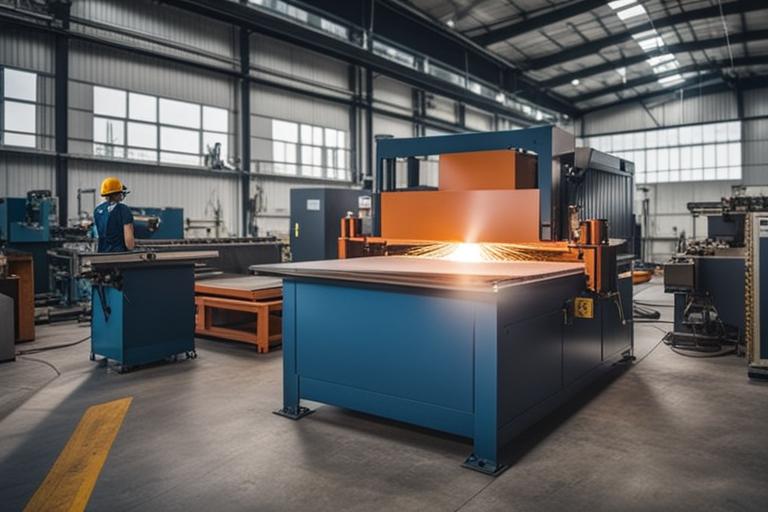
Learn About Precision Sheet Metal Fabrication
By reading this article, you will learn:
– Definition, advantages, and impact of precision sheet metal fabrication.
– Processes, materials, design considerations, equipment, quality control, applications, sustainability, and future trends in precision sheet metal fabrication.
– Considerations for choosing the right precision sheet metal fabrication partner.
Definition and Importance of Precision Sheet Metal Fabrication
Precision sheet metal fabrication refers to the manufacturing process of forming and shaping sheet metal into finished products with extremely tight tolerances and exact specifications. This meticulous process ensures the production of high-quality, durable, and precisely engineered parts, playing a pivotal role in industries such as aerospace, automotive, electronics, and telecommunications. The importance lies in its ability to produce intricate and complex parts with high accuracy and repeatability, catering to the stringent demands of various industrial applications.
Advantages and Benefits of Precision Sheet Metal Fabrication
Precision sheet metal fabrication offers several advantages, including the creation of lightweight yet durable components, making it an ideal choice for industries where weight reduction is critical. It also provides versatility in design and functionality by working with a variety of metals, including stainless steel, aluminum, and copper. Furthermore, it enables the production of components with high structural integrity, ensuring long-term reliability and performance.
Impact of Precision Sheet Metal Fabrication on Industrial Manufacturing
The impact of precision sheet metal fabrication on industrial manufacturing is significant. It serves as the backbone of various sectors, driving innovation and enhancing the overall efficiency of the production process. Manufacturers can achieve unparalleled precision and consistency in the fabrication of complex parts, thereby contributing to the advancement of modern engineering and manufacturing practices. Understanding the impact of precision sheet metal fabrication can provide valuable insights into the broader industrial landscape.
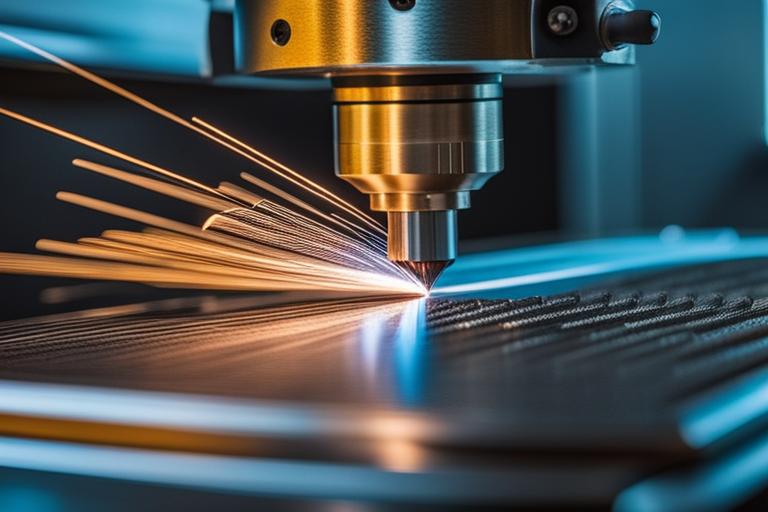
Processes in Precision Sheet Metal Fabrication
The processes involved in precision sheet metal fabrication encompass several key techniques that are integral to the production of high-quality components.
Cutting Techniques in Precision Sheet Metal Fabrication
Precision cutting techniques, such as laser cutting and water jet cutting, enable the precise shaping of sheet metal, allowing for intricate designs and minimal material waste. Understanding these cutting techniques is crucial for achieving precise and efficient fabrication processes.
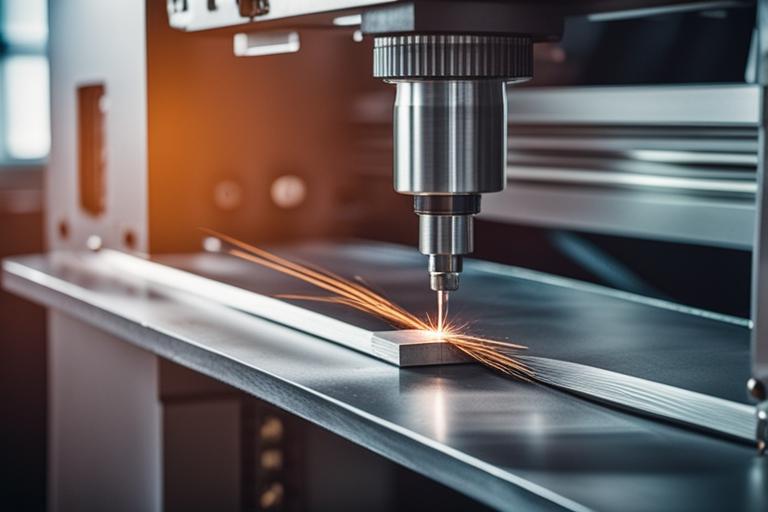
Bending and Forming Processes in Precision Sheet Metal Fabrication
Bending and forming involve shaping sheet metal into desired geometries using advanced press brakes and forming dies to achieve complex bends and shapes with exceptional accuracy and consistency. Exploring these processes can provide valuable insights into the intricacies of precision sheet metal fabrication.
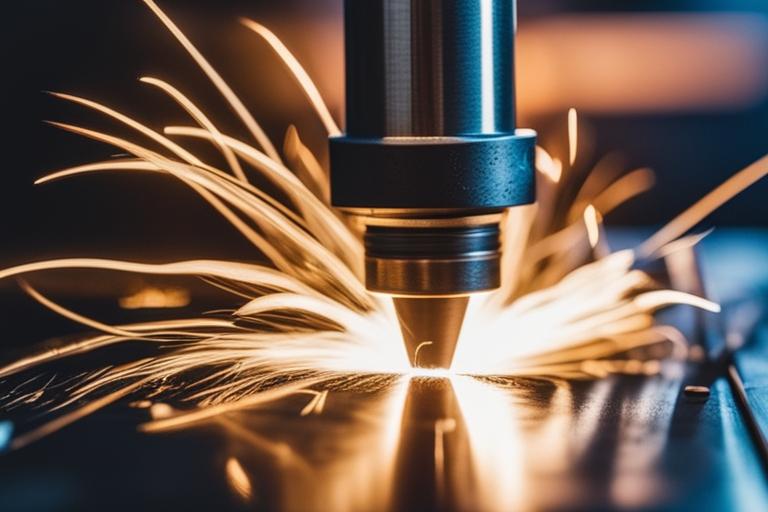
Welding Methods for Precision Sheet Metal Fabrication
Welding plays a critical role in joining individual sheet metal components to create larger assemblies. Advanced welding techniques, such as TIG welding and spot welding, ensure strong and seamless connections, contributing to the overall structural integrity of the fabricated parts. Understanding the nuances of welding in precision sheet metal fabrication is essential for ensuring the quality and durability of the final products.
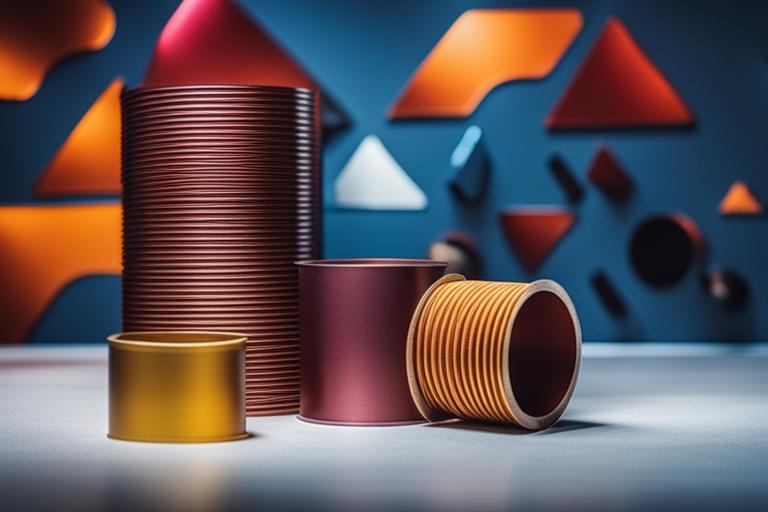
Surface Treatments and Finishing Processes in Precision Sheet Metal Fabrication
Surface treatments, including powder coating, anodizing, and plating, are applied to sheet metal components to enhance their durability, corrosion resistance, and aesthetic appeal, ensuring the longevity and visual appeal of fabricated parts. Exploring these treatments provides insights into the comprehensive nature of precision sheet metal fabrication processes.
| Type of Material | Properties | Applications |
|---|---|---|
| Steel | High strength, durability, and formability | Automotive, construction, and industrial equipment |
| Aluminum | Lightweight, corrosion-resistant, and excellent strength-to-weight ratio | Aerospace, automotive, and electronics |
| Copper | Excellent electrical and thermal conductivity | Electrical components, heat exchangers, and plumbing |
| Alloys | Tailored properties such as increased strength, corrosion resistance, or conductivity | Aerospace, marine, and medical equipment |
Materials and Alloys Used in Precision Sheet Metal Fabrication
The choice of materials and alloys significantly influences the performance and characteristics of fabricated sheet metal components.
Overview of Types of Sheet Metal Materials
Sheet metal materials include steel, aluminum, copper, and various alloys, each offering distinct properties and benefits catering to specific application requirements. Understanding the properties and applications of these materials is essential for making informed decisions in precision sheet metal fabrication.
Properties and Applications of Stainless Steel in Precision Sheet Metal Fabrication
Stainless steel is renowned for its exceptional corrosion resistance and mechanical properties, making it an ideal choice for applications where hygiene, durability, and aesthetic appeal are paramount. Exploring the properties and applications of stainless steel provides valuable insights into its role in precision sheet metal fabrication.
Properties and Applications of Aluminum in Precision Sheet Metal Fabrication
Aluminum’s lightweight nature, combined with its excellent strength-to-weight ratio, makes it a preferred material for fabricating components in industries that prioritize weight reduction and structural integrity. Understanding the properties and applications of aluminum sheds light on its suitability for precision sheet metal fabrication.
Incorporating real-world examples and practical experiences in precision sheet metal fabrication can further enhance the depth and applicability of the content, providing readers with valuable insights into the practical implementation of the discussed concepts. Additionally, featuring case studies or real-world applications can strengthen the expertise and credibility of the material, offering a holistic understanding of precision sheet metal fabrication in action.
FAQs
What is precision sheet metal fabrication?
Precision sheet metal fabrication is the process of cutting, bending, and assembling metal sheets to create precise and complex components.
Who uses precision sheet metal fabrication services?
Industries such as aerospace, automotive, electronics, and medical equipment rely on precision sheet metal fabrication for their components.
How does precision sheet metal fabrication ensure accuracy?
Using advanced machinery such as CNC lasers and press brakes, precise measurements and designs are achieved for accurate fabrication.
What makes precision sheet metal fabrication cost-effective?
By minimizing material waste and utilizing efficient production methods, precision sheet metal fabrication can be a cost-effective solution.
How can I ensure the quality of precision sheet metal fabrication?
Look for a fabrication company with a proven track record, certifications, and quality control processes to ensure high-quality results.
What are the benefits of precision sheet metal fabrication over other methods?
Precision sheet metal fabrication offers high accuracy, tight tolerances, and the ability to create complex designs, making it ideal for intricate components.
